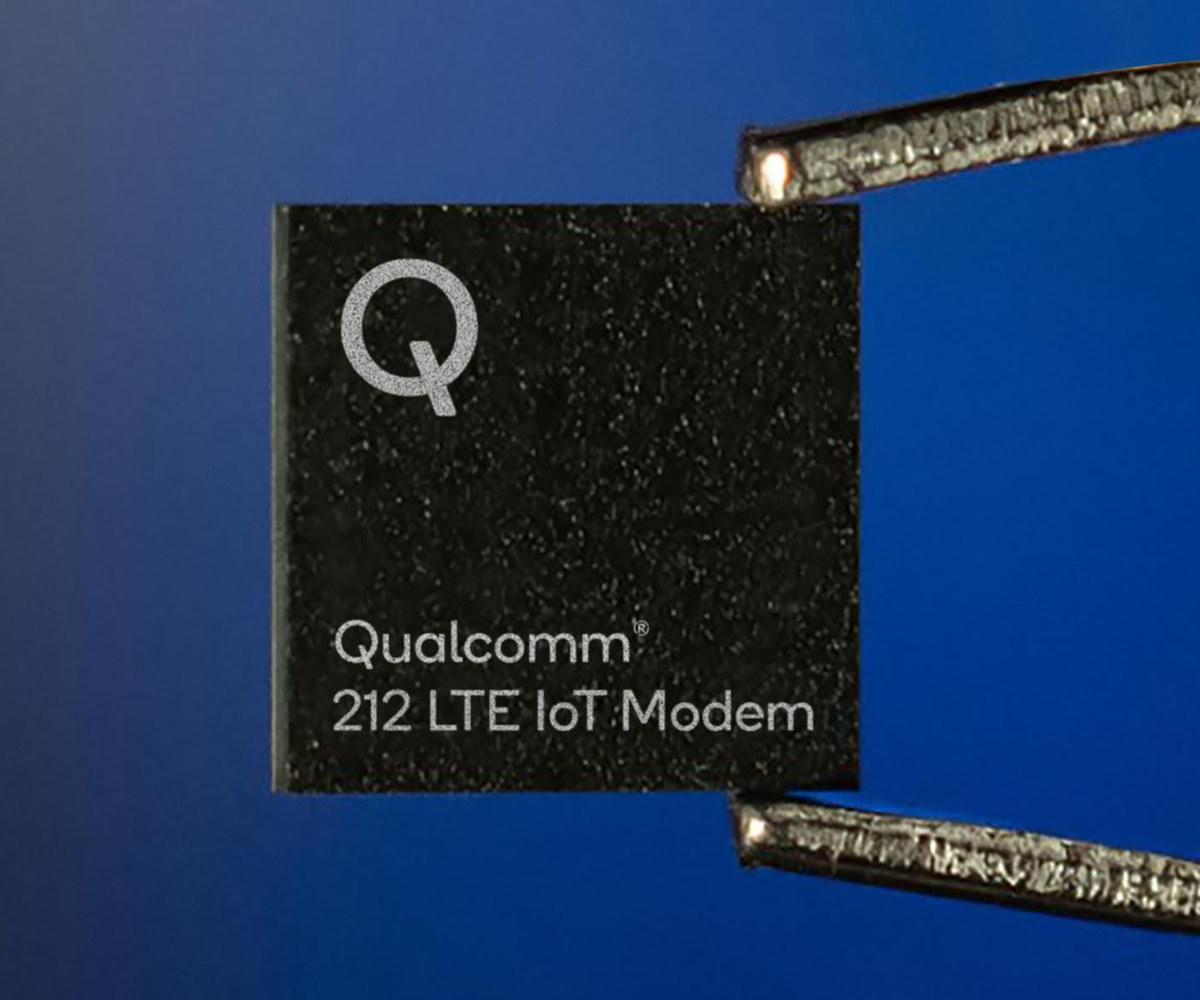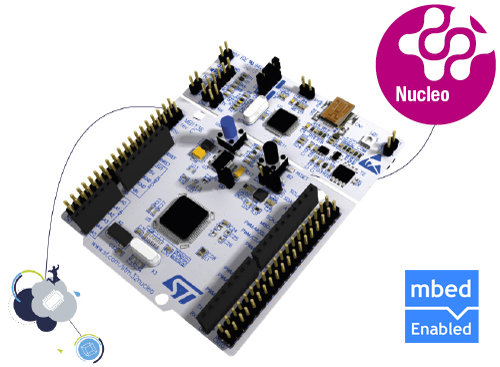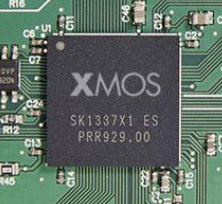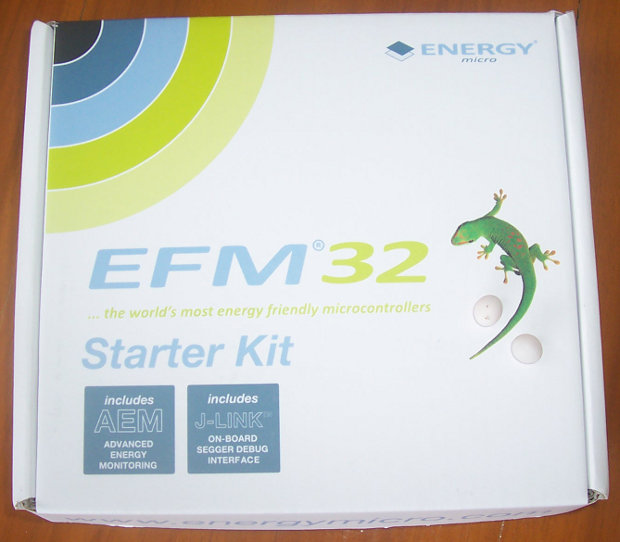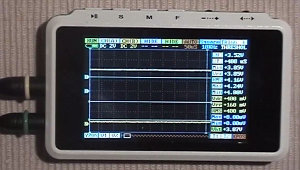A few years ago, Qualcomm launched Snapdragon 212 processor for smart speakers. This post has nothing to do with this, but strangely the company decided to reuse the 212 number in its new Qualcomm 212 LTE IoT modem with the claim of being the “world’s most power-efficient single-mode (NB2) chipset”. Specifically, Qualcomm 212 LTE IoT Modem is said to require less than one micro-amp (1uA) of sleep current, support ultra-low system-level cut-off voltage (as low as 2.2V) with provisions for adapting power usage according to varying source power levels. Qualcomm® 212 LTE IoT Modem key features and specifications: MCU Core – Arm Cortex M3 @ up to 204 MHz Cellular Connectivity 3GPP Rel.14 LTE capabilities: Cat-NB2 with multi-carrier NPRACH and Paging, Cat-NB2 Release Assistance Indication (RAI), Cat-NB2 with larger TBS and 2 HARQ processes Peak Speeds – DL: 127 kbps; UL: 158.5 kbps Frequency Bands (700Mhz to 2.1 GHz for […]
STMicro Unveils $10 mbed-enabled and Arduino Compatible Nucleo Development Boards
STMicro already announced a $24 NFC development kit a few days ago, and they’ve now announced new ultra low cost STM32 development boards. STMicro Nucleo development boards are based on different STM32 MCU based on ARM Cortex M0, M3 and M4, feature Arduino headers, and are supported by mbed platform. There are currently four boards available: NUCLEO-F401RE – Based on STM32F401RET6 ARM Cortex M4 MCU @ 84 MHz with 512KB flash memory, 96 KB SRAM NUCLEO-F030R8 – Based on STM32F030R8T6 ARM Cortex M0 MCU @ 48 MHz with 64KB flash memory, 8KB SRAM NUCLEO-F103RB – Based on STM32F103RBT6 ARM Cortex M3 MCU @ with 128KB flash memory, 20 KB SRAM NUCLEO-L152RE – Based on STM32L152RET6 ARM Cortex M3 MCU @ 32MHz with 512KB flash memory, 32KB SRAM All four boards share the following specifications: STM32 microcontroller with LQFP64 package Two types of extension resources Arduino Uno Revision 3 connectivity STMicroelectronics […]
XMOS xCORE-XA Octa-core ARM Cortex-M3 SoC and $14.99 StartKIT Board
XMOS is a fabless semiconductor company that specialized in multicore MCUs that delivers scalable, parallel multitasking compute, which are used in embedded applications for consumer, industrial and automotive markets. They’ve recently announced xCORE-XA (eXtended Architecture), their first MCU based on ARM technology with one ARM Cortex M3 core, and seven xCORE core, as well as a low cost development board called XMOS StartKIT featuring xCORE-A (Analog) with eight cores. XMOS xCORE-XA SoC xCore-XA is actually an octa-core MCU with the following key features: Eight 32bit processors – seven xCORE logical cores supporting DSP instructions, and an ARM Cortex-M3 processor (up to 500 MIPS in total) On-chip Memory – 192KB SRAM, and 512 or 1024KB SPI Flash depending on model. 38 I/O including I2C, SPI, ADC, DAC, op-amps, capacitive sensing comparators, and optional USB 2.0 interface. Hardware response ports – Eliminate the need for interrupts and provide up to 100x faster […]
uClinux on Cortex-M3/M4 MCU: The Costs, Performance and Power Consumption
I previously wrote about different options available to run Linux on Cortex M3 & M4 Microcontrollers, and more recently Vladimir Khusainov, co-founder and Director of Engineering at Emcraft Systems,wrote a longish article entitled “Practical Advice on Running uClinux on Cortex-M3/M4” on electronicdesign.com, where he explains how SoM are usually selected, the costs of running uClinux on Cortex M3/M4 MCUs such as Freescale K70 or STmicroelectronics STM32F2/F4, as well as performance and power consumption considerations. First, Vladimir addresses one comment that says there’s basically no use for uClinux on Cortex M3/M4 MCU, since external memory is needed and an ARM7/ARM9 modules (with MMU) can be purchased for almost the same price. There are 2 counter arguments to this point of view: In practice, customers usually select an hardware platform first, then think what OS can be used on the platform. For example, if a company decided to use an hardware based […]
25 USD Hacker Friendly Electric Imp “WiFi-ises” Your Coffee Machine
Electric Imp is a device in an SD card form factor that aims at providing Wi-Fi connectivity to household appliances at low cost and bringing the Internet of Things (IoT) closer to reality. The Imp will also connect to a Cloud service handled by the company (which is also called Electric Imp). The device Wi-Fi connection can easily be configured using an iOS or Android smartphone thanks to BlinkUp, a patent-pending scheme supporting WEP, WPA and WPA2 encryption schemes as well as WPS setup. Electric Imp developers expect this device to save resources (e.g. electricity) by taking into account environmental conditions (e.g. occupancy, temperature..), improve security & safety and overall provide better monitoring and control of devices. For example, this could enable support services to remotely diagnose a device, and provide timely customer support. Here are the Electric Imp hardware specifications: ST Micro STM32 Cortex M3 MCU 802.11b/g/n WiFi 6 […]
Energy Micro EFM32 Tiny Gecko (Cortex-M3) Starter Kit Unboxing
I’ve been lucky recently, after winning a TI Piccolo controlStick last month, I’ve just received Energy Micro EFM32 Starter Kit (EFM32-TG-STK3300) based on EFM32 Tiny Gecko MCU. This development board include: EFM32 Tiny Gecko Cortex-M3 MCU 8×20 LCD A light sensor A touch slider A battery compartment SEGGER J-Link mini USB port 2 Button + 1 reset button 1 User LEDs 2 expansion ports. Lots of through holes to access the different pins of the MCU Today, I’ll just show the content of the kit and next time, I’ll post more about the things I’ve done with it. Here’s the package of the EFM32 Starter Kit. The 2 gecko eggs were not included… Actually, those are house geckos eggs which are smaller than real geckos. We’ve got those here as well, but there are very shy, whereas house geckos just run around the walls and ceilings all day. Well, it’s […]
199 USD Seeed Studio DSO Quad Open Source Oscilloscope
The DSO (Digital Storage Oscilloscope) Quad is a pocket size 4 channel digital oscilloscope for common electronic engineering tasks based on STM32F103VCT6 ARM cortex M3 MCU with a 3″ display. It can provide 72MS/s sampling rate with integrated FPGA and high speed ADC and an internal 2MB USB disk can be used to store waveform captures, user applications and to upgrade firmware. SeeedStudio DSO Quad is not exactly a new product (June 2011), but I was not aware of this type of low cost oscilloscopes until I come across a review today. Here are the key features of this tiny oscilloscope: Pocket size and light weight Two 72MS/s analog channels, plus two digital channels Signal Generator Auto Measurement Various Triggering Option Easy waveform storage Firmware upgrade User applications Open source and technical specifications: 2x Analog channel: [CH A] [CH B] 2x Digital channel : [CH C] [CH D] Vertical […]
Emcraft Open Sources uCLinux and U-boot for Cortex M3 and M4 MCUs
Emcraft Systems has open sourced its ports of U-Boot and uClinux for Cortex-M3 and Cortex-M4 which are available on github at https://github.com/EmcraftSystems. This release supports the following platforms: ST Micro STM32F2 NXP LPC17XX Actel SmartFusion Freescale Kinetis You can check the source code as follows: uCLinux: git clone git://github.com/EmcraftSystems/linux-emcraft.git U-boot: git clone git://github.com/EmcraftSystems/u-boot.git The company has also designed systems on module (SoM) with enough memory to run Linux with Cortex M3/M4 micro-controllers: Freescale Kinetis K70 SOM Actec SmartFusion SOM ST Micro STM32 SOM You might find more details on building/using u-boot or uClinux on EmCraft documentation page (especially linux-cortexm-um-1.4.1.pdf) and you may want to check EmCraft website for details on available hardware and BSP for Cortex M3/M4 solutions. Jean-Luc Aufranc (CNXSoft)Jean-Luc started CNX Software in 2010 as a part-time endeavor, before quitting his job as a software engineering manager, and starting to write daily news, and reviews full time later […]


